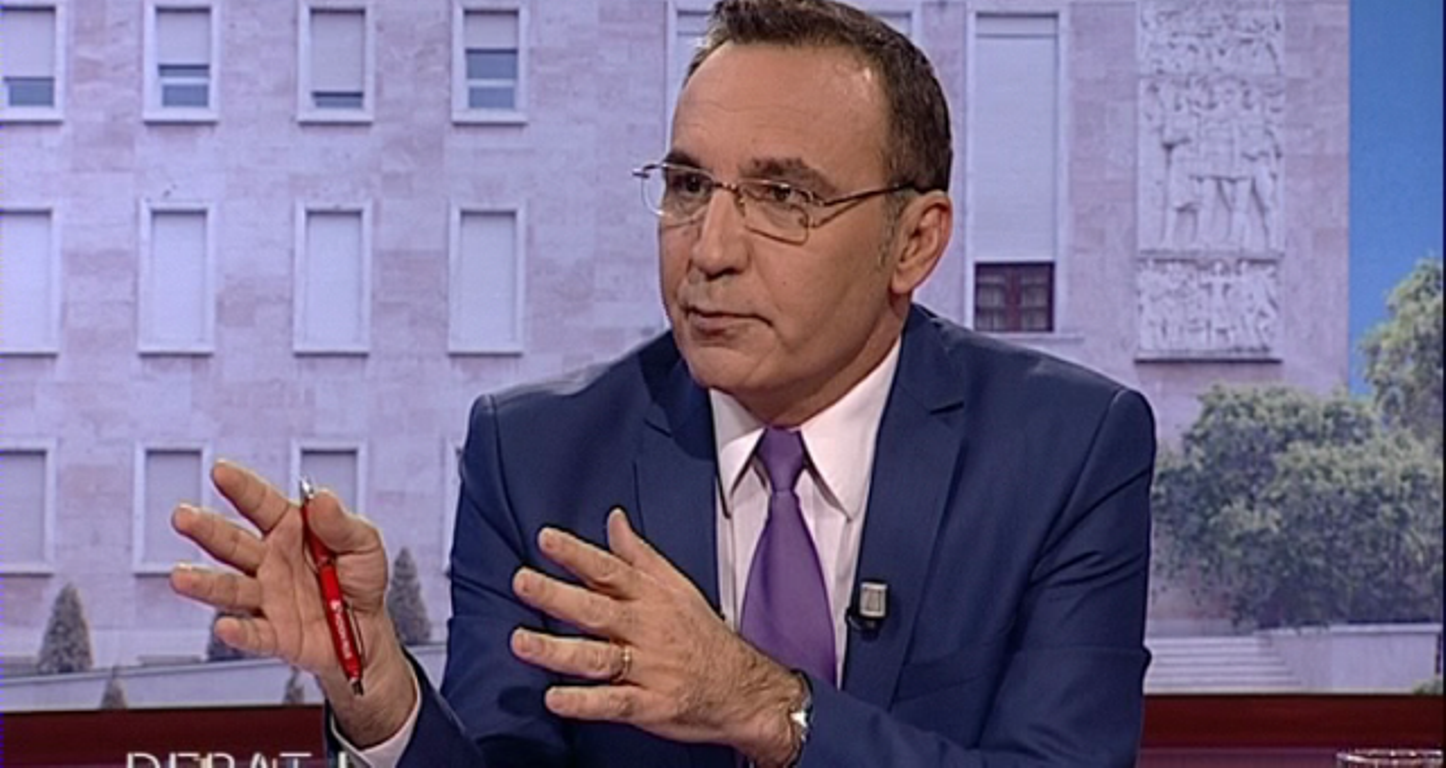
By Eduard Zaloshnja
In the past two decades, it’s often occurred when leaders of opposition parties have called on their supporters from all over the country to gather in the center of Tirana and “overthrow the government”.
This week, it’s Lulzim Basha and Monika Kryemadhi’s turn to repeat this message. After the low turnout during the protest that was held on March 5 in front of parliament, Basha and Kryemadhi have mobilized their people to bring as many supporters as possible to Tirana. The aim is to bring as many people as possible in the main boulevard of the capital on 16 March. The demonstration’s slogan “let’s bring the government down” is being used to attract as many people as possible in the protest.
Judging by the number of people came in the boulevard on 16 February, chances are that on March 16 it will be filled again. The question is: what will happen once it’s full? Let us analyze the three possible scenarios.
1st scenario-peaceful protest
After tens of thousands of protesters gather from all four corners of the country and after hearing numerous speeches filled with anger against the country’s PM, protesters will disperse declaring that “the prime minister has morally fallen, because the whole country was in protest”.
Western chancelleries thank the organizers of the protest for not causing violence, while demonstrators make their way home. Wanting to flex their muscles by gathering as many people as possible in the boulevard on March 16, Basha and Kryemadhi prepare the ground for anemic protests in April and May.
2nd scenario-violent and unsuccessful protest
On 16 March, we may see the boulevard full once again and we may once again see acts of violence in front of the prime minister’s office. However, equipped with the right gears, riot police manage to fend off protesters. On the other hand, demonstrators manage to break windows and burn tires in front of the PM’s office. These images are shown on international media, while western chancelleries condemn violence.
The following day, the sides will once again hold debates on TV and each side will interpret the statements coming from foreigners and western media, while those who demonstrated will ask themselves: Was it worth it? Some of them may decide not to attend the next protest, while Basha and Kryemadhi will once again call for the government to resign.
3rd scenario-Violent and successful protest
Bearing in mind the protest that was held on 14 September 1998 (when PM Nano fled to Macedonia, while his place was taken by the socialist, Majko), Basha and Kryemadhi may prepare a well-organized plan to storm into the government’s building. Let us suppose for a moment that protesters manage to get in Rama’s office.
From that office, Basha will once again tell western chancelleries that his aim is not to seize power, but to oust the PM. So, he calls on the SP to create a joint interim government until elections are held with a Prime Minister who will be acceptable for the opposition (Majko once again?). In this case, could we say that mission was accomplished?
Let us suppose for a minute that everything follows this scenario and Rama leaves politics in disgrace. Based on the scenario proposed by the opposition, early elections need to be held with a temporary socialist prime minister in office, who must not run for the post of the party’s leader (so he would not personally be interested to deform the election result).
Nevertheless, the opposition cannot determine who the long-term socialist candidate for the post of PM will be. Chances are that Erion Veliaj may be the one, given that he’s the socialist politician with the best approval ratings.
But will it be easier for the opposition to win the early elections with Veliaj as the main rival? In an opinion poll conducted a few months ago, Veliaj was 10 points higher than Rama was. If Basha races against Veliaj, then he will surely lose the elections.
Epilogue
In democratic or half democratic countries, protests lead to snap polls. Demonstrations are held on a daily basis and protesters don’t need to be brought to the capital by the political parties. Given that this is not the case here, Albanian opposition leaders and those who have instructed them to follow this course of action, must start to think about the local government elections. They need to think what they will do if western chancelleries declare that they will recognize the local government elections and if socialist candidates will face independent candidates.
Note: The views expressed in this article are the author's own and do not necessarily reflect Albanian Free Press’ editorial policy





 ALB
ALB
 ENG
ENG
